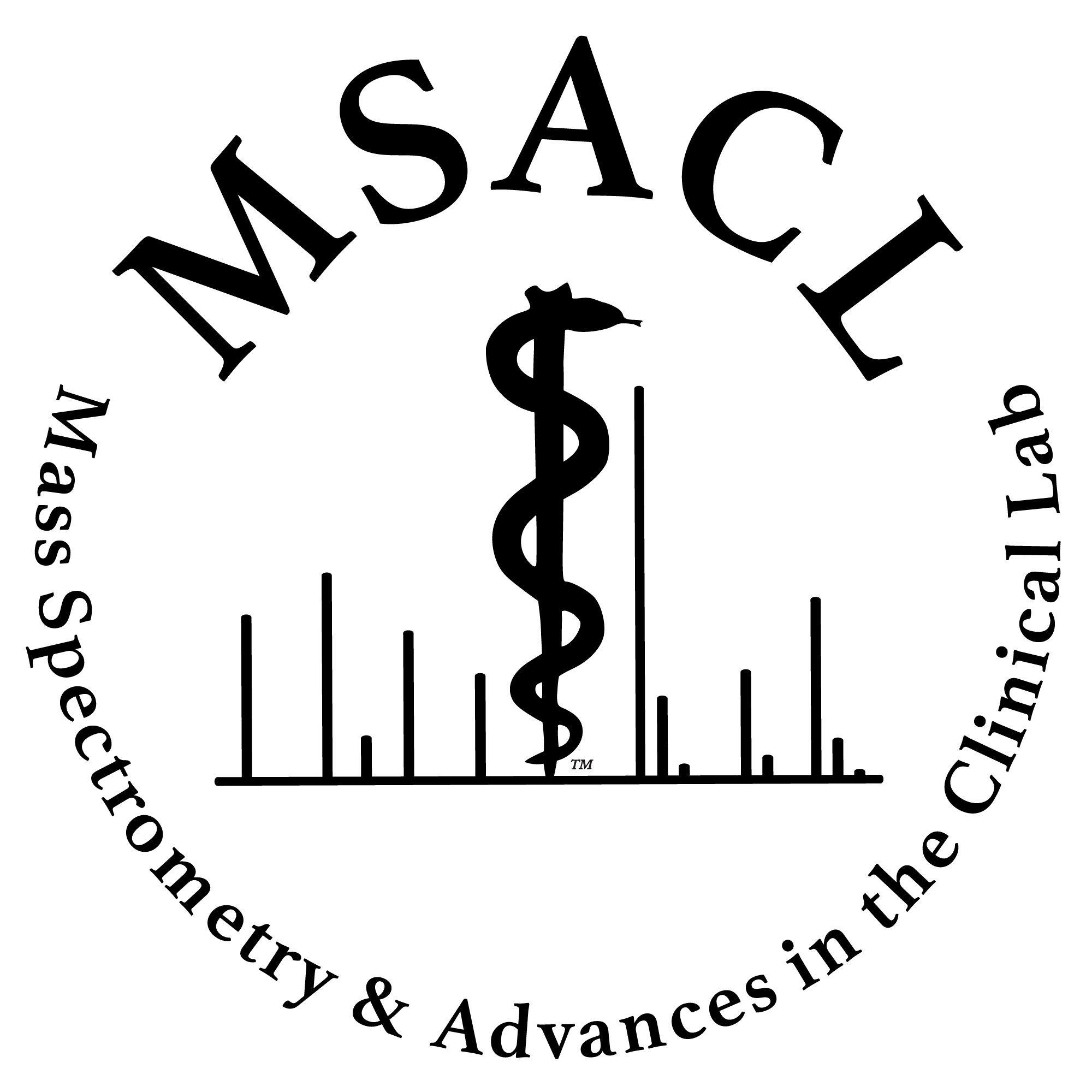MSACL 2022 Abstract
Self-Classified Topic Area(s): Logistics for Bringing Basic Science to the Clinic > Proteomics > Precision Medicine in Reality
|
|
Podium Presentation in De Anza 3 on Wednesday at 15:55 (Chair: Michael Chen)
 The Essence of a Streamlined Process for Large-Scale Quantitative Protein Mass Spectrometry The Essence of a Streamlined Process for Large-Scale Quantitative Protein Mass Spectrometry
L.R. RUHAAK, C.M. COBBAERT
Department of Clinical Chemistry and Laboratory Medicine, Leiden University Medical Center, Leiden, The Netherlands

|
Renee Ruhaak, PhD (Presenter)
LUMC |
|
Presenter Bio: Renee Ruhaak holds a PhD from the Leiden University Medical Center (LUMC, supervisor Prof. M. Wuhrer) and did a post-doc at UC Davis in the lab of Prof. C.B. Lebrilla prior to joining the department of Clinical Chemistry and Laboratory Medicine at the LUMC. She is currently an associate professor with a research focus on the application of mass spectrometry within the clinical setting. This entails both development and implementation of quantitative protein mass spectrometry, as well as the role of mass spectrometry in metrology and test standardization. |
|
|
|
|
Abstract Clinical validation of medical tests is a prerequisite for effective test development. For risk markers, clinical validation studies generally require the (often retrospective) analysis of samples from large randomized controlled trials. Quantitative Protein Mass Spectrometry (QPMS) by LC-MS/MS is a complex technology, yet it enables the definition of the measurand at the molecular level, facilitates multiplexed, antibody independent measurements, and allows for in-house method development. The technology therefore holds large promise for application within the clinical chemistry laboratory.
The department of Clinical Chemistry and Laboratory Medicine at the LUMC, aimed to improve protein medical tests and bring its application to the 21st century through the use of QPMS. Initial experiments revealed the feasibility of protein quantitation for clinical chemistry purposes, yet also showed the limited throughput and need for highly skilled personnel for larger scale implementation.
A multidisciplinary team was construed comprising analytical as well as clinical chemistry trained specialist at various levels. While all analysts were trained to an equal level to ensure accurate performance of the applications, researchers and research technicians were allowed to develop new and improve existing application. The implementation of additional LC-MS instruments as well as liquid handling platforms, and extensive quality control through the use of R. enabled increase of the throughput and facilitated the quantitation of protein measurands in large scale clinical studies.
|
|
Financial Disclosure
| Description | Y/N | Source |
| Grants | no | |
| Salary | no | |
| Board Member | no | |
| Stock | no | |
| Expenses | no | |
| IP Royalty | no | |
| Planning to mention or discuss specific products or technology of the company(ies) listed above: |
no |
|

